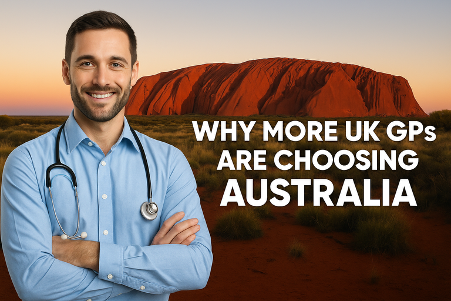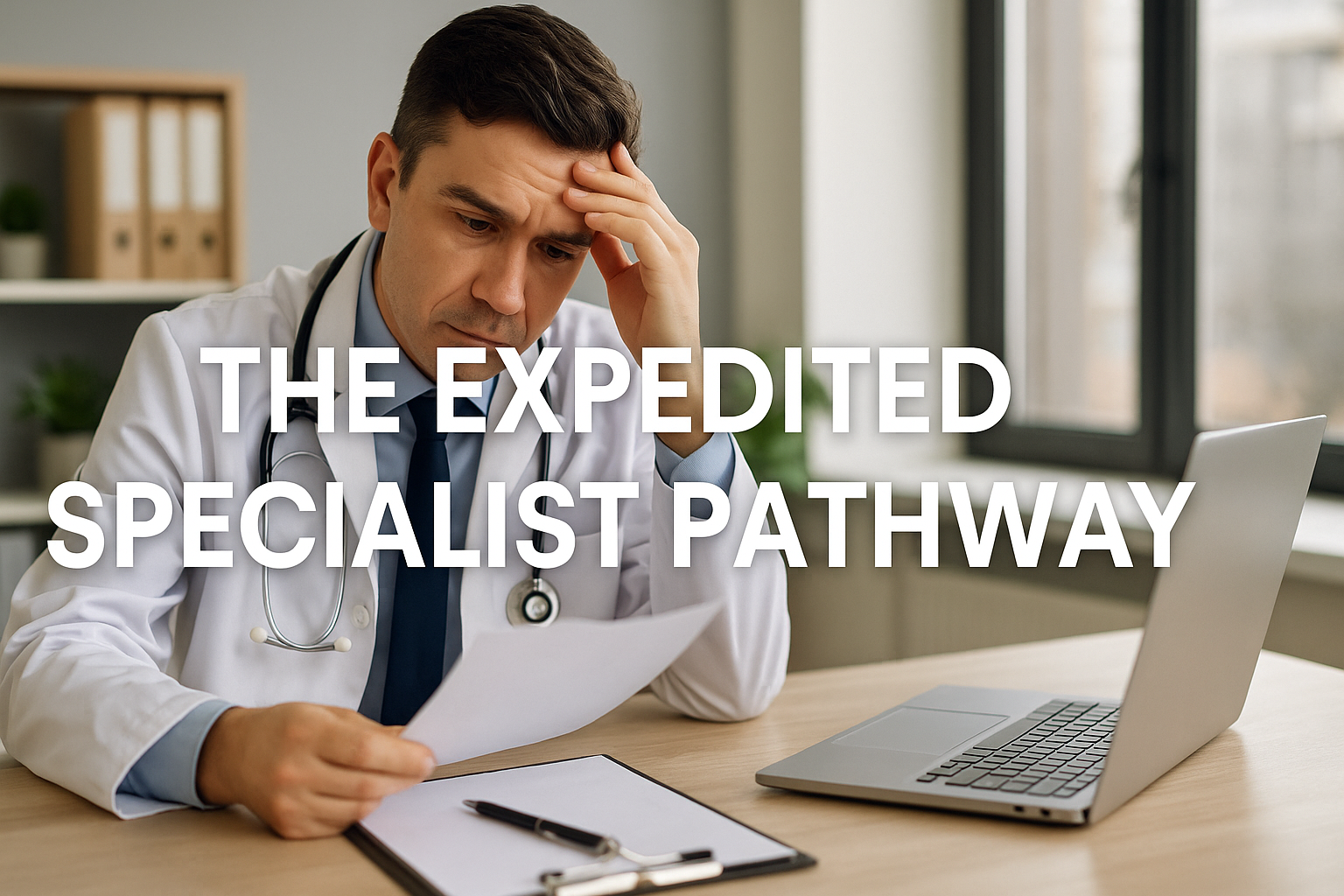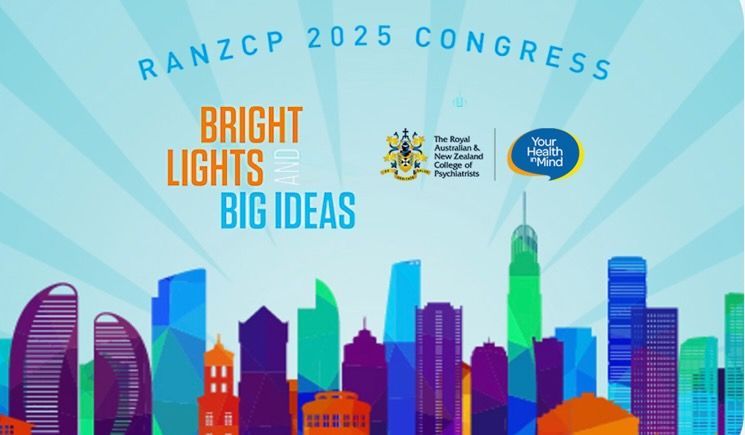Psychiatrist salaries in New Zealand

Psychiatrist Salaries in New Zealand
In New Zealand,a nation-wide salary arrangement regulates the salaries of medical consultants working in the public service. This arrangement also covers psychiatrist salaries.
Your salary will be based on how many hours per week and for how many years you have been practicing. Your practice time counts from the date you completed your specialist psychiatry training. With every year of full-time work you have completed, you will move one step higher on the salary scale. In your first year after achieving your specialist/consultant qualification you will be on step 1. The next year you will be on step 2 of the salary ladder, and so on.
Additional benefits (such as superannuation and compensation for after-hours or on-call work) will be paid on top of the rates listed in the chart below. These benefits range from around $15,000 per year to up to $50,000 per year for the top steps. In April 2019 the remuneration for each step will increase as displayed in the chart. All psychiatrists who have been on step 14 for a year or more will progress to the new step 15.
| Step | Current | 1-Apr-19 |
| 15 | 240,000 | |
| 14 | 230,000 | 233,500 |
| 13 | 223,500 | 227,500 |
| 12 | 216,500 | 221,000 |
| 11 | 209,000 | 213,500 |
| 10 | 204,000 | 208,000 |
| 9 | 198,716 | 202,691 |
| 8 | 193,514 | 197,385 |
| 7 | 188,312 | 192,079 |
| 6 | 183,110 | 186,773 |
| 5 | 177,908 | 181,467 |
| 4 | 172,706 | 176,161 |
| 3 | 167,504 | 170,854 |
| 2 | 162,302 | 165,548 |
| 1 | 158,141 | 161,304 |
* All psychiatrist salaries are annual figures based on a 40-45h work-week. Noted in NZD and current as of mid 2018
The figures in the chart are based on a 40h to 45h work week. This is the lowest of six standardized salary categories (category A). Every additional category requires 5h/week more than the previous category and provides extra earnings. These extra earnings form part of your base salary and accrue the allowances mentioned earlier (proportionate to your higher earning). As part of your psychiatrist salary you will also have guaranteed sick leave, annual leave and a time & financial allowance for CPD.
Usually, a hospital will also pay for the relocation of your house goods to New Zealand. Less costs for you! And of course our services are free of charge for you as well. Let us help you secure your dream psychiatrist job in New Zealand!
Salaries for psychiatry registrars and trainee doctors in new zealand
Your basic salary assumes a working week of 40 hours. Anything after this will be paid at penalty rates. In addition, some locations attract a higher category. You may earn a bit more in a rural area compared to the city. Generally, you can expect a base salary ranging from $80,000 to $130,000 with added benefits such as holiday and sick pay.
Salaries for psychiatry registrars and trainee doctors in new zealand
Psychiatrist with FRANZCP can work in private practices in New Zealand. You can expect to earn 40 to 50% more in full time private practice roles. As an SIMG moving to New Zealand, private practice is not an immediate option. But it definitely is something to consider for the future – particularly if you obtain your local fellowship.
Taxation on psychiatrist salaries
New Zealand uses a rather simple system to structure personal income tax. Below you will find a chart detailing the income tax rates as of mid 2018. You can check the current rates here.
| Taxable Personal Income | Tax Rate |
| Up to $14,000 | 10.5% |
| Over $14,000 to $48,000 | 17.5% |
| Over $48,000 to $70,000 | 30% |
| Over $70,000 | 33% |
* All values are current as of mid 2018
The NZ financial year runs from 1 April to 31 March. We strongly suggest to immediately apply for a personal tax identifier number after arriving in New Zealand.
Psychiatrist salaries are lower in New Zealand than in some comparable health systems. However, NZ still recruits a large number of medical doctors from the global market each year. New Zealand’s excellent lifestyle options a big drawing card. Aspirational young families seeking adventure and a healthy lifestyle for their children find it in NZ. And senior doctors towards the end of their careers are equally attracted to the country.
If you have any questions regarding psychiatrist salaries or a potential psychiatry career in New Zealand please
contact us any time!









